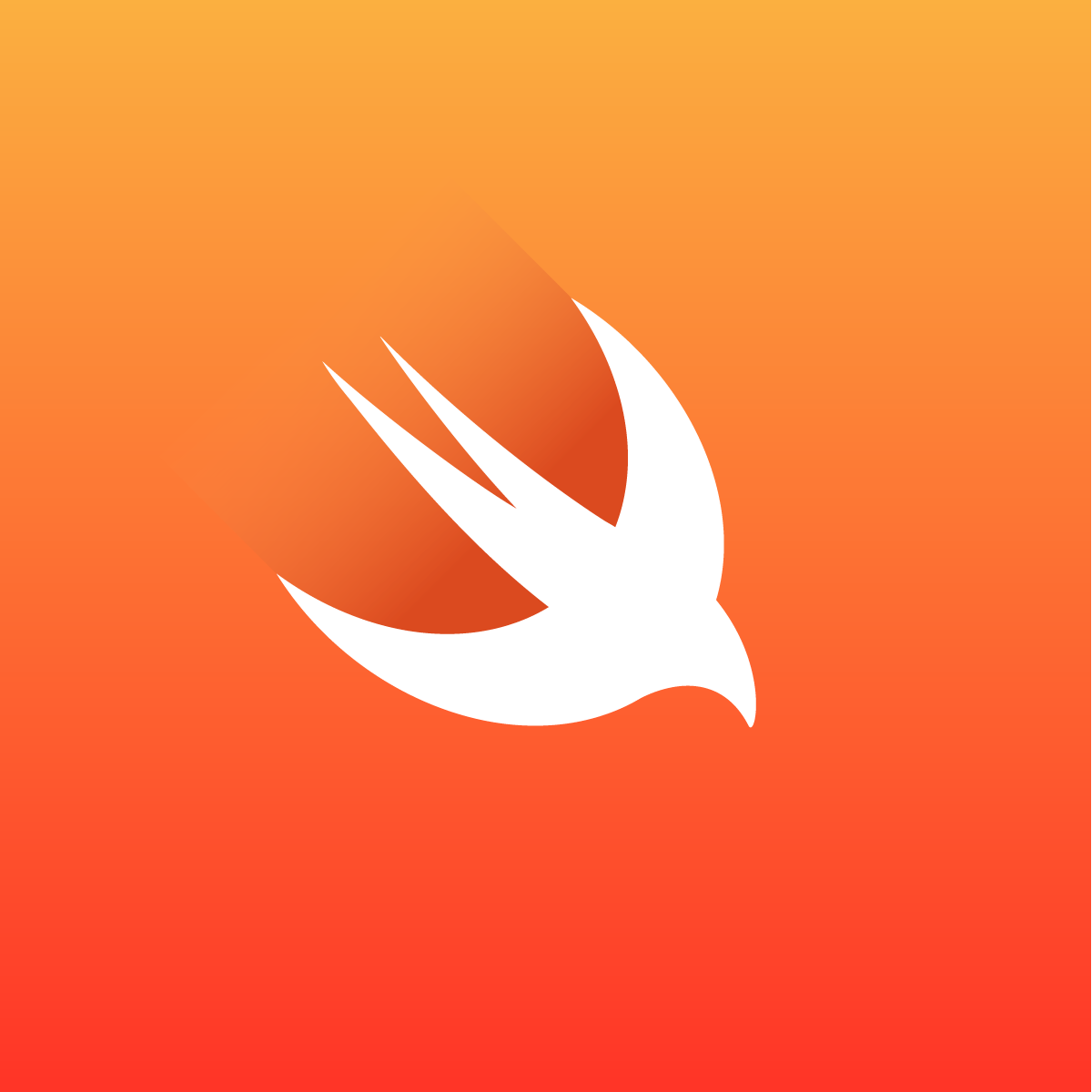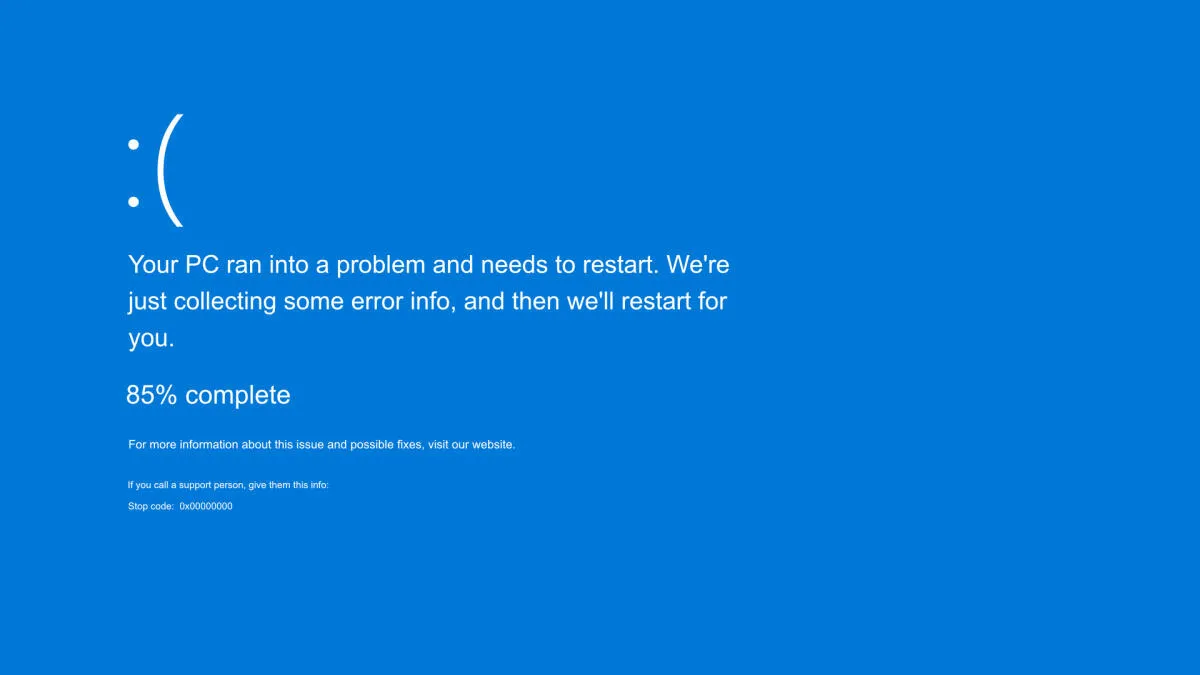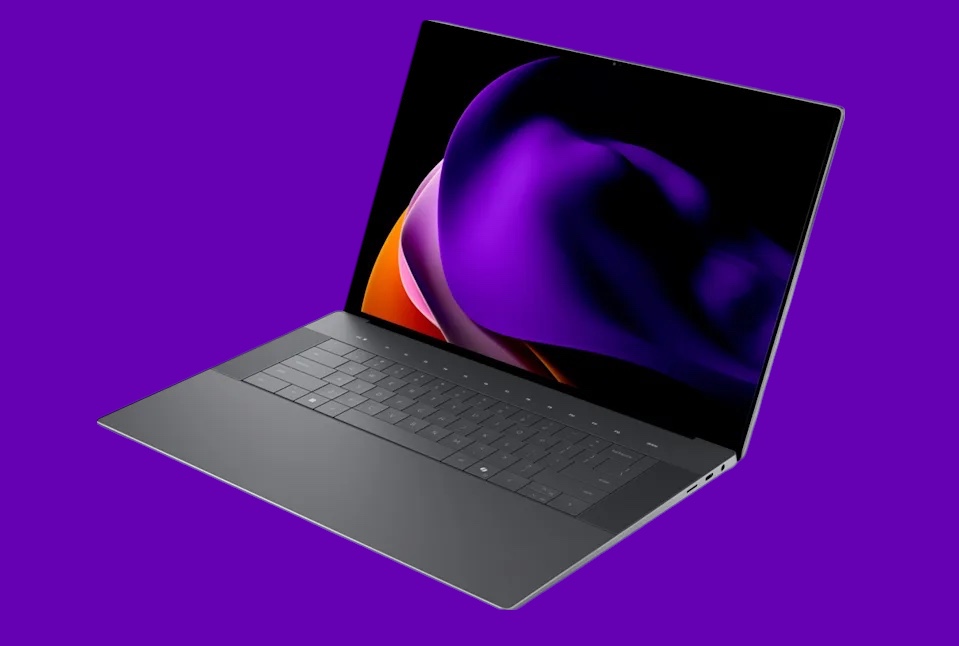Apple’s Swift programming language, known primarily for powering apps on iPhone, iPad, and Mac, may soon find a place in Android development as well. This shift follows the formation of a dedicated Android Working Group within the Swift open-source project, signalling a formal effort to make Swift viable on Google’s mobile platform.
Since its introduction in 2014, Swift has evolved from being Apple-exclusive to supporting Linux and Windows environments. Now, expanding to Android appears to be the next logical step. The newly established working group has outlined its focus on integrating Android as an officially supported platform for Swift. Key objectives include enabling Swift to compile and run seamlessly on Android without relying on unofficial forks or developer-specific workarounds, improving standard library compatibility with Android APIs, and developing native tools and workflows for Android app development.
While it has technically been possible to build Android apps with Swift through third-party tools or community-driven patches, the process has been far from straightforward. The official support aims to eliminate this fragmentation by providing direct and reliable Swift functionality for Android developers.
The move potentially sets Swift up against Kotlin, the programming language that Google has positioned as its preferred choice for Android app development since 2017. For developers building applications across both iOS and Android, the inclusion of Swift could reduce the cognitive and technical overhead involved in switching between languages and frameworks, leading to a more efficient workflow when maintaining or creating cross-platform apps.
It remains to be seen how widely Swift will be adopted within the Android community, especially considering Kotlin’s strong foothold and integration with Android Studio. However, by removing barriers to cross-platform compatibility, Swift’s expansion could appeal to teams seeking tighter synergy between their iOS and Android codebases.





